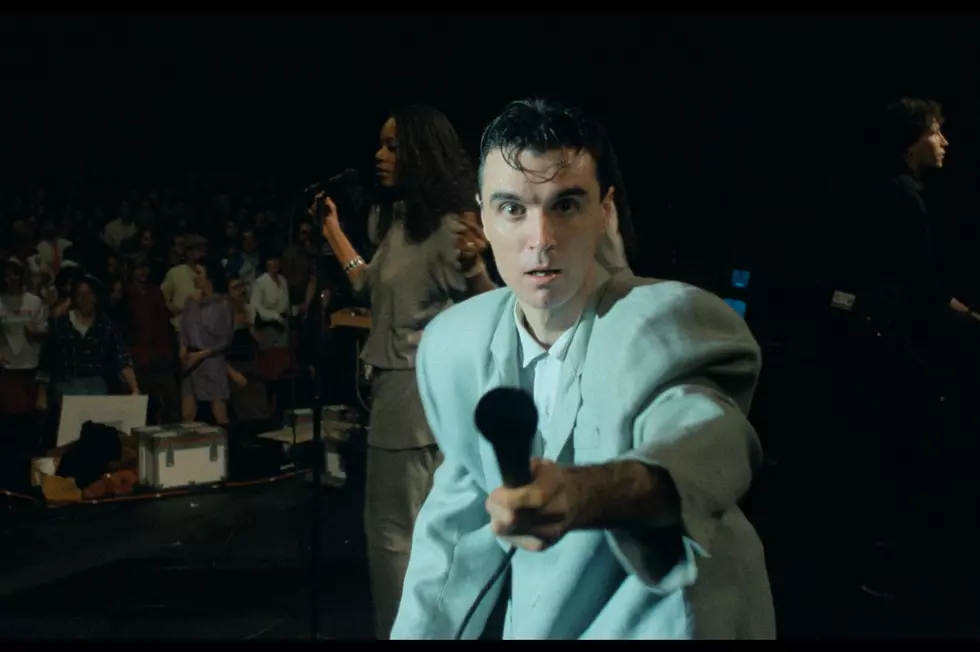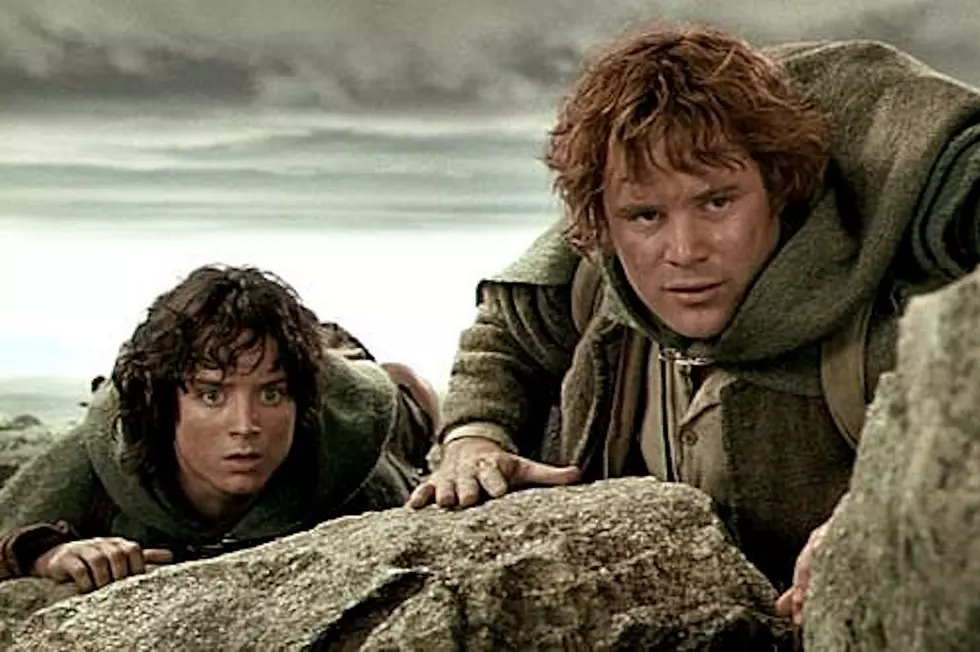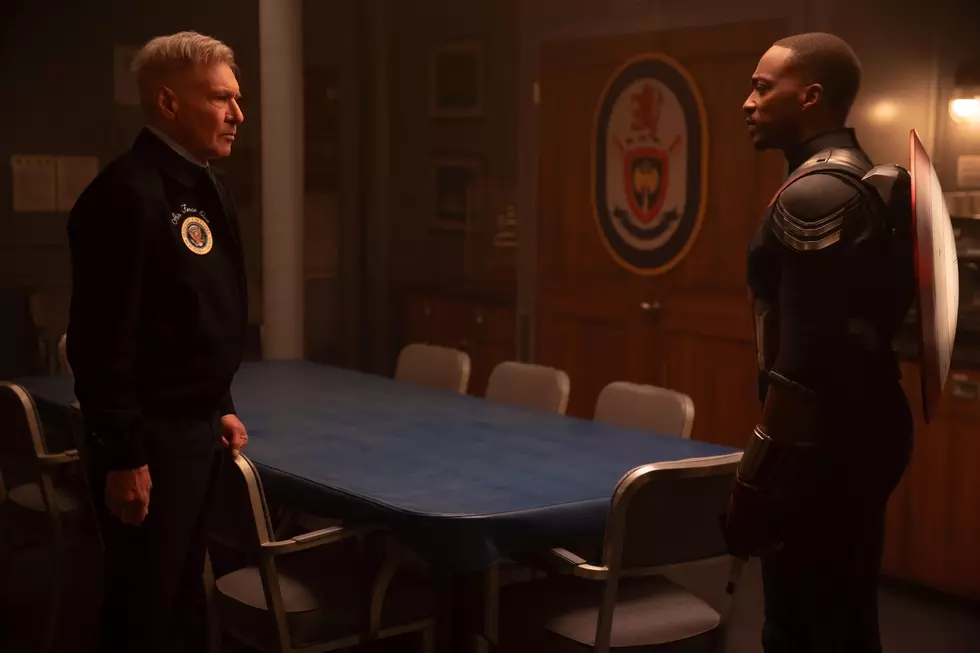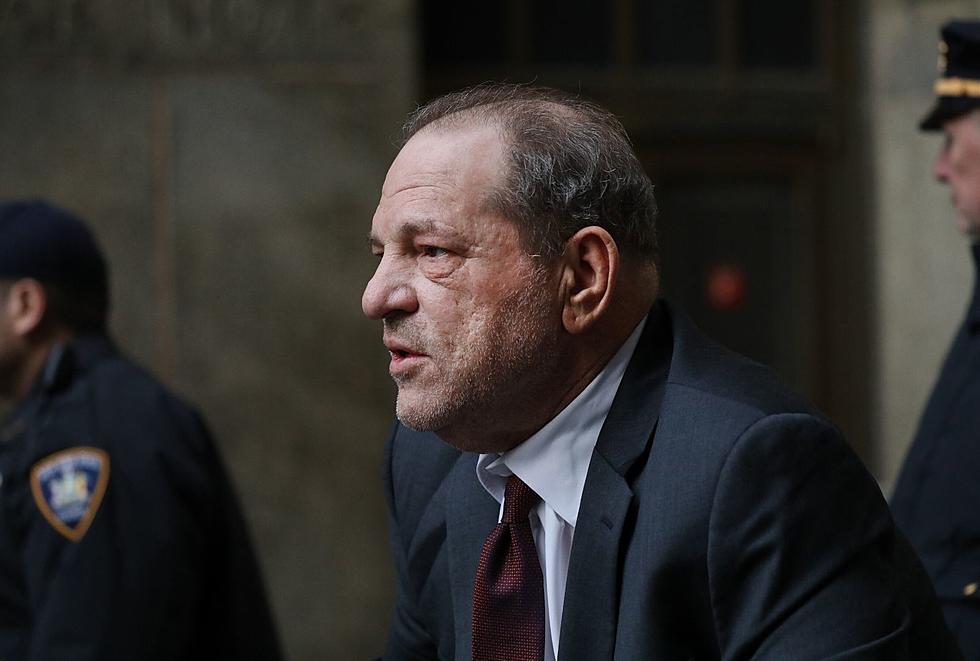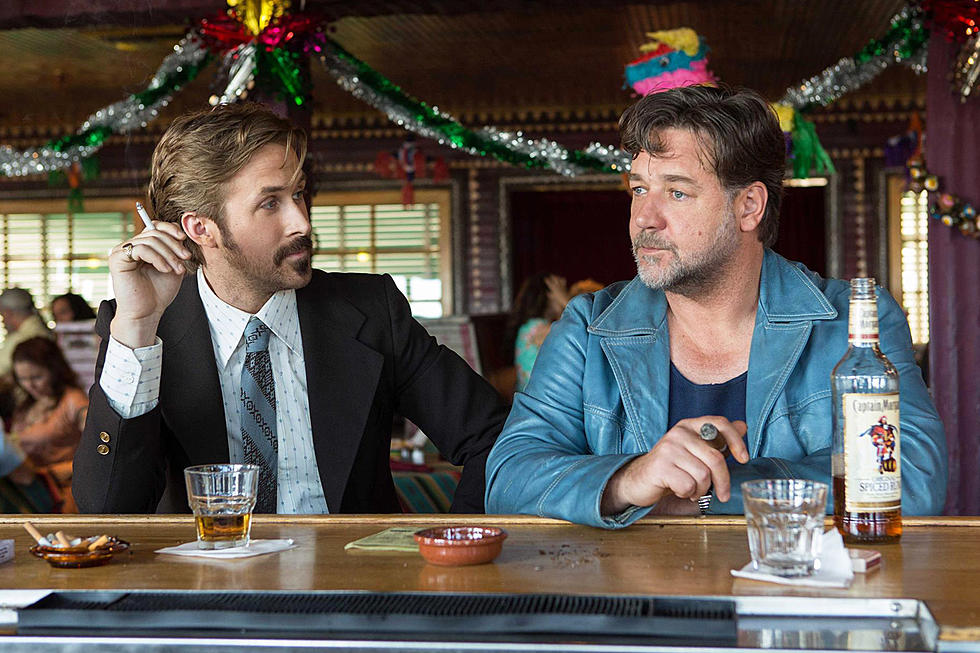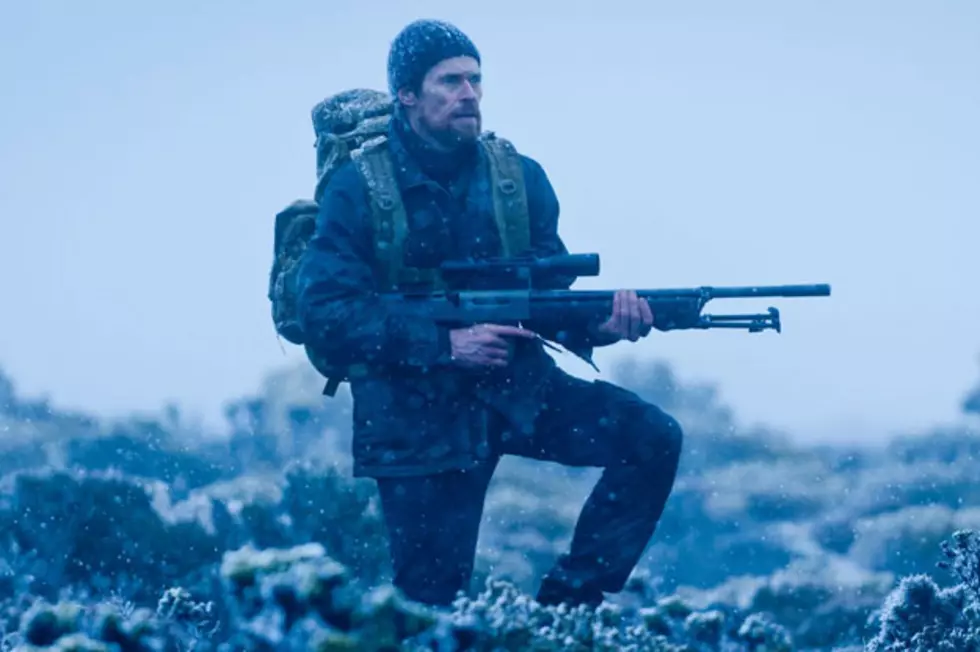
‘The Hunter’ Review
Daniel Nettheim's 'The Hunter' has all the elements in place to be a perfectly serviceable indie film, one that can attract attention at a festival or on an art house marquis, then fade away into kindly regarded obscurity. It has a straight-forward narrative, a just-different-enough setting and a genuine star in the lead role. A base hit for all involved, but hardly a best-of-the-year list contender. Why, then, am I unable to get this movie out of my head?
The titular hunter is Willem Dafoe, and we meet him in something of a toned down version of the opening of 'Apocalypse Now.' Instead blitzing himself on whiskey to The Doors, he's taking a bath and listening to classical music. But the situation is the same – he's waiting for the call.
Finally, it comes, and he is dispatched to the far-flung forests of Tasmania. There, so recent evidence shows, lives the last remaining Tasmanian Tiger, and the big, spooky bio-tech firm with deep pockets wants him to kill it and collect its DNA.
My cursory glance at Wikipedia confirms that, yes, such a creature does exist and is thought to be extinct, but there isn't much said about transformative properties in its blood. It's not a big deal – it's a story mechanism and it gets our hero on his path.
What awaits him aren't exactly angry villagers with pitchforks, but hardly a cast of kooky 'Northern Exposure'-esque characters, either. Using the cover of a university researcher he billets himself in a rustic, out of they way place home to a single mother and two moppety kids. The Dad is out of the picture, at first said to be lost, later revealed to dead, perhaps even murdered. Mom hasn't been the same since he's been gone, staying doped-up and rarely leaving the bedroom.
Well I don't have to tell you that the introduction of this new man changes the family dynamic (just like I don't have to tell you the bio-tech firm has a double-cross up its sleeve) but what 'The Hunter' excels at is teasing these plot points in refreshing ways. I doubt I'll see many more films this year with a scene as striking with this one:
Dafoe needs power to charge up his GPS systems and laptop, but ever since the father went missing the generator has been broken. After an afternoon of trying to fix the thing turns to night, teamwork with the non-verbal son brings victory. It isn't just that the lights come on, it's that they reveal a family frozen in time. Interior Christmas lights and a Springsteen record mid-spin (these were environmental activists) revive, as does the slumbering, grieving wife. From her hazy point of view, as “I'm On Fire” plays, she emerges to see the children celebrating with, what she assumes, is her returning husband, until reason kicks in. The sequence plays without dialogue and runs the gamut from joy to tragedy in the span of about sixty seconds. It is a gorgeous moment, one that ought to be shown again and again as an example of artistic expression only cinema can achieve.
No other moment in 'The Hunter' is quite as poetic, but the emotion just beneath the surface is far more palpable than in similar recent films like Jim Jarmusch's 'Limits of Control' or Anton Corbijn's 'The American.' It also has a rougher, crunchier look than either of those two highly designed films. The looming narrative of Eco-warrior vs. blue collar is by-and-large impartial, making the film's climax somewhat unpredictable in its specifics. 'The Hunter' is a melancholy yarn, no doubt about it, but one of hope for creatures who are left alone in the world.
More From ScreenCrush
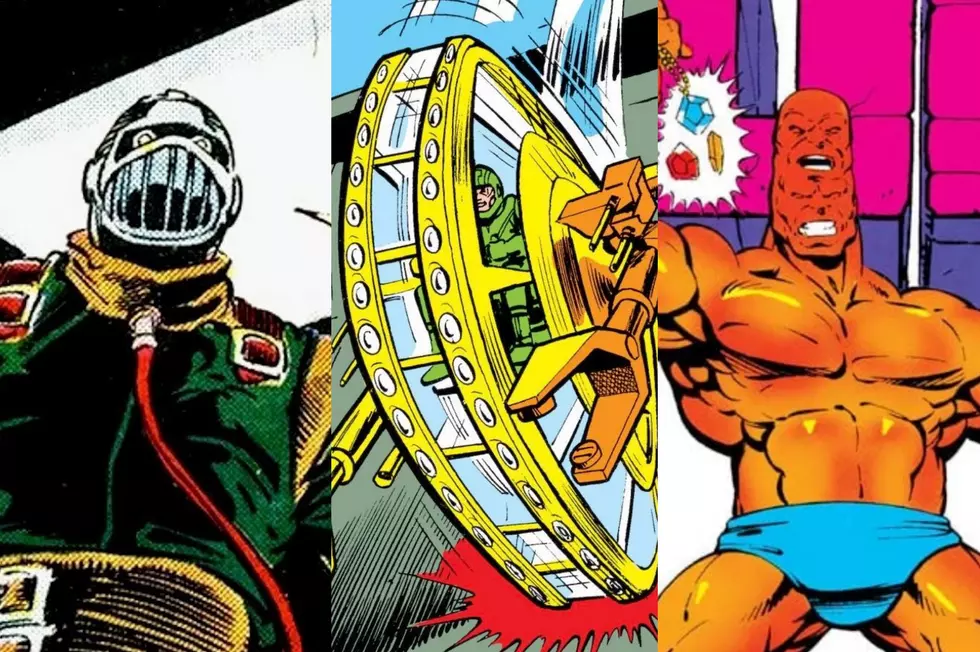


![Harrison Ford’s Spectacular $20 Million California Estate For Sale — See Inside! [Pictures]](http://townsquare.media/site/204/files/2024/04/attachment-harrison-ford-house-for-sale-pictures.jpg?w=980&q=75)
